I CAN Generation
Inclusive Communities Advocating for the Next Generation




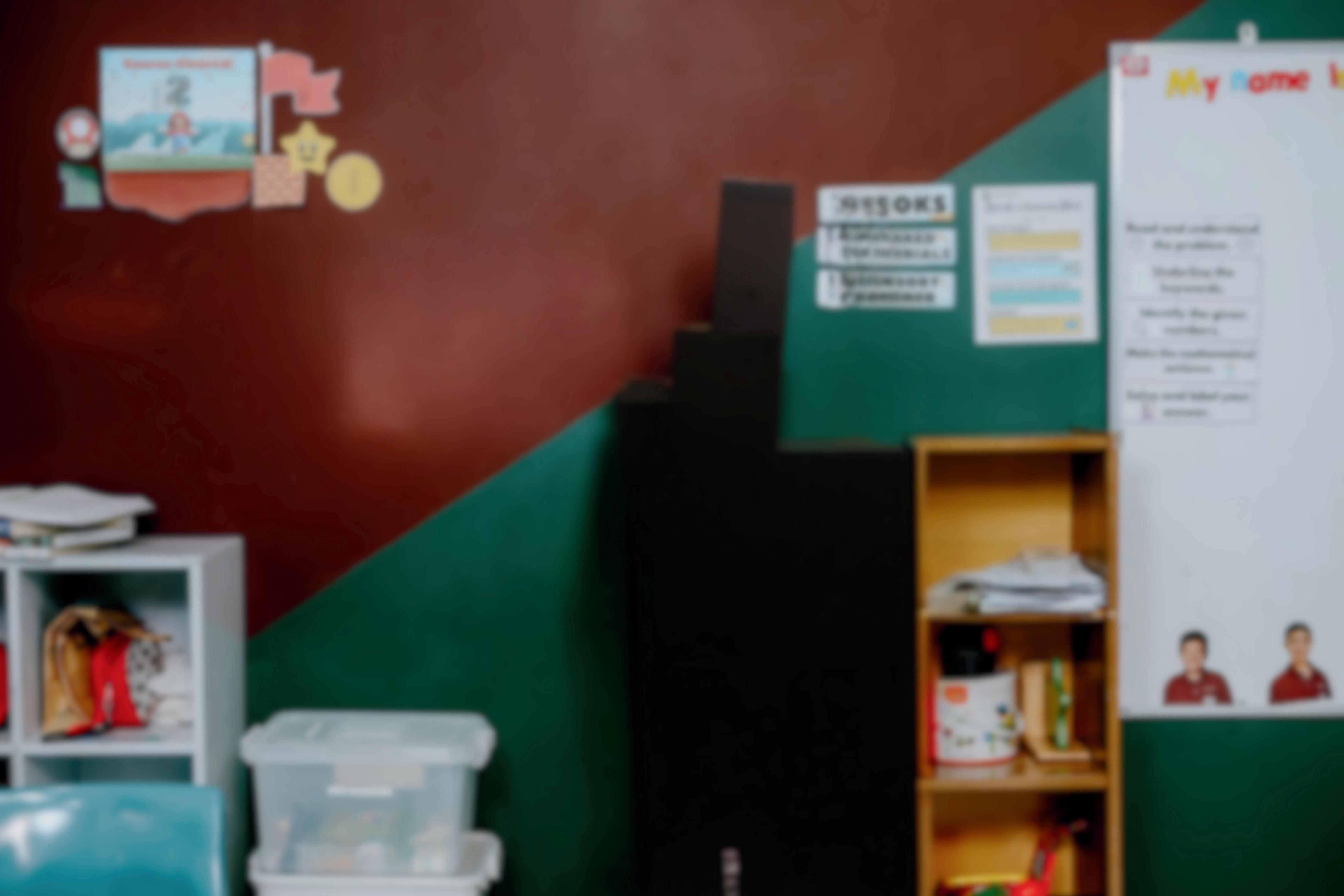

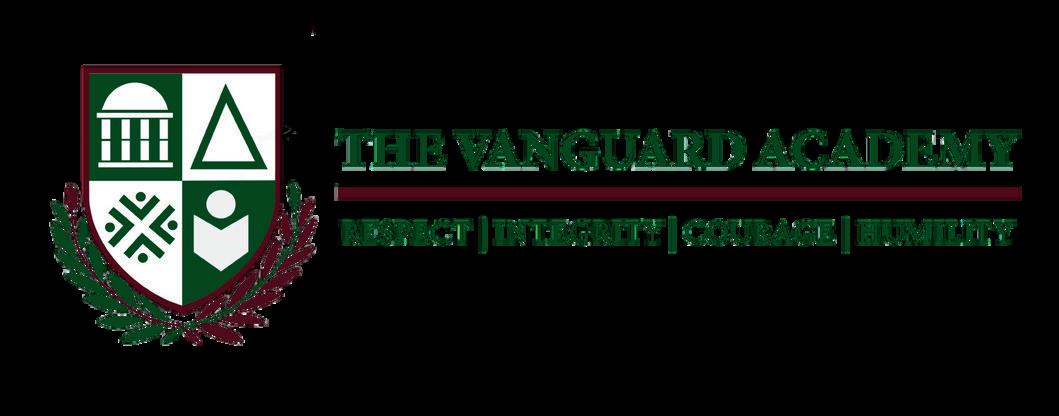
Dear Shell Team,

Inclusive Communities Advocating for the Next Generation







Dear Shell Team,

Thank you for making me feel welcome when I was an intern at Shell last October 2023. You made me feel like I belonged somewhere in the world.
I really appreciate all you have done for me. I learned so much throughout my internship experience. One of the highlights of my internship was helping plan the year-end celebration with the team and showcasing my talent during the event. It was a night I will never forget.
I also made some friends along the way, like Pam and Hans. Thank you for everything that you have done for me when I was an intern. Pam, thank you for being my friend. I learned to work in an office because of you. So, thank you for that!
I miss the people, work, and the hot chocolate from the pantry.
Working with the Shell team was a great honor!
Martina Lopez

Student, Transcend

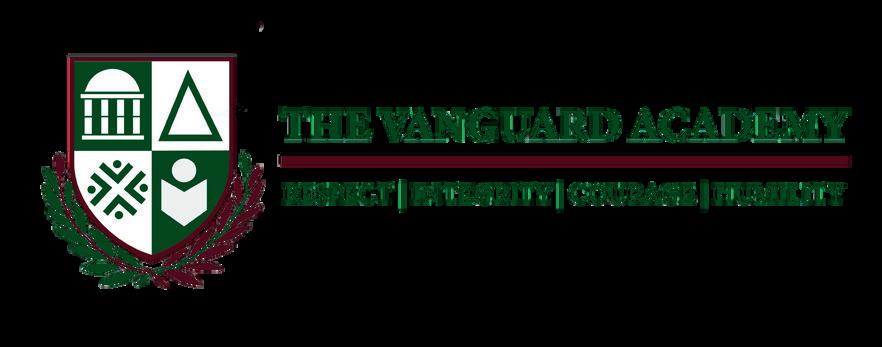

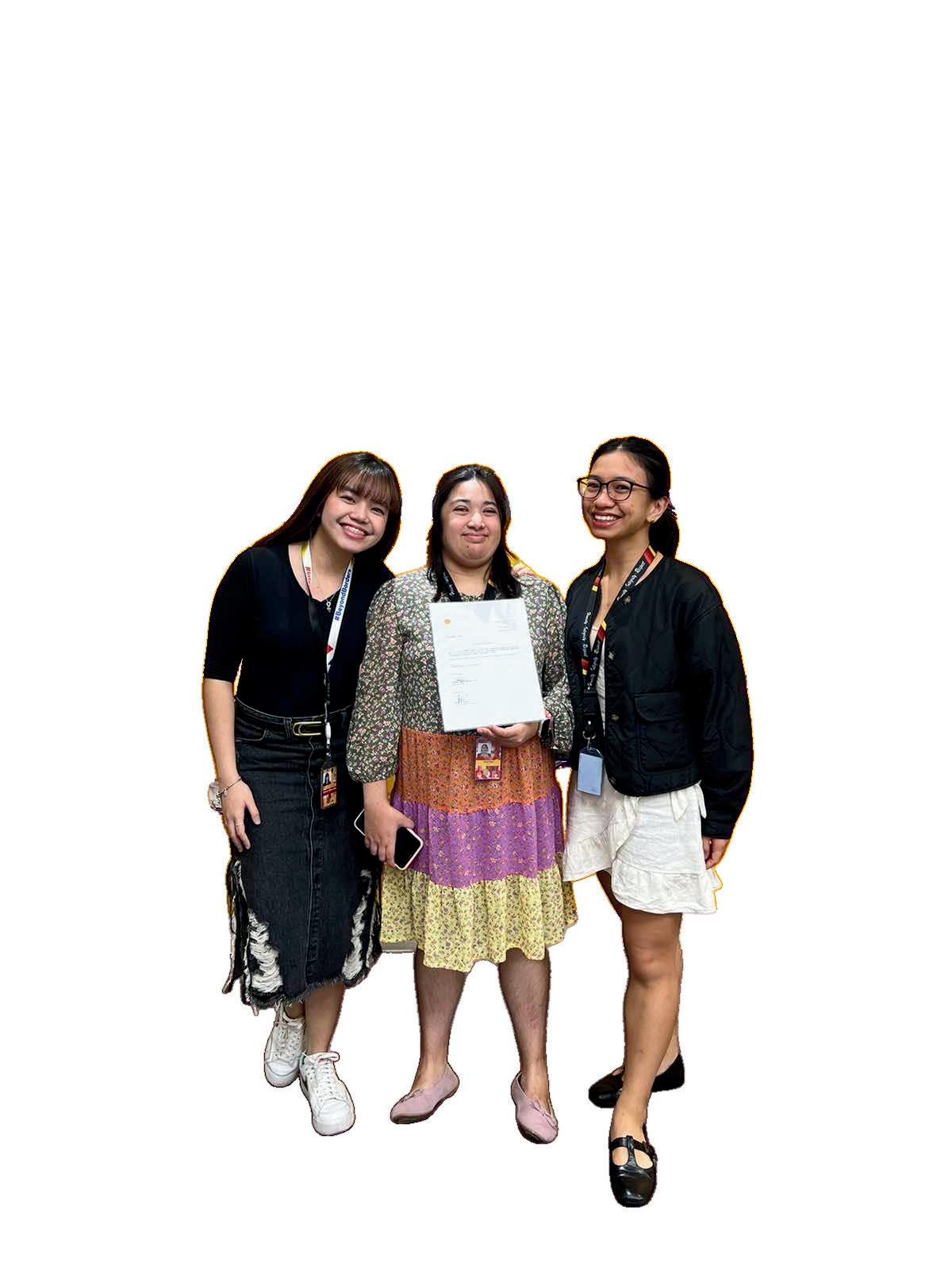
Dearest Shell Team,
On behalf of The Vanguard Academy, I would like to extend my heartfelt gratitude to Shell Shared Services for your unwavering support of the Transcend Program’s advocacy for workplace inclusion.

Your trust and dedication have been instrumental in making an impact on our students' lives. By offering them opportunities to showcase their talents, develop their strengths, and expand their skills beyond the classroom, you have played a vital role in building their confidence and self-esteem.
A special thank you to Tracie and Drew for your efforts since the beginning. We are also deeply grateful to the Contracting and Procurement, Accounts Payable, and Finance departments for welcoming our interns and job coaches with open arms, ensuring they had meaningful and enriching internship experiences.

Your continued collaboration and commitment to our mission are truly appreciated. We value the relationship we’ve built with Shell Shared Services and look forward to growing and strengthening our initiatives together in the future.



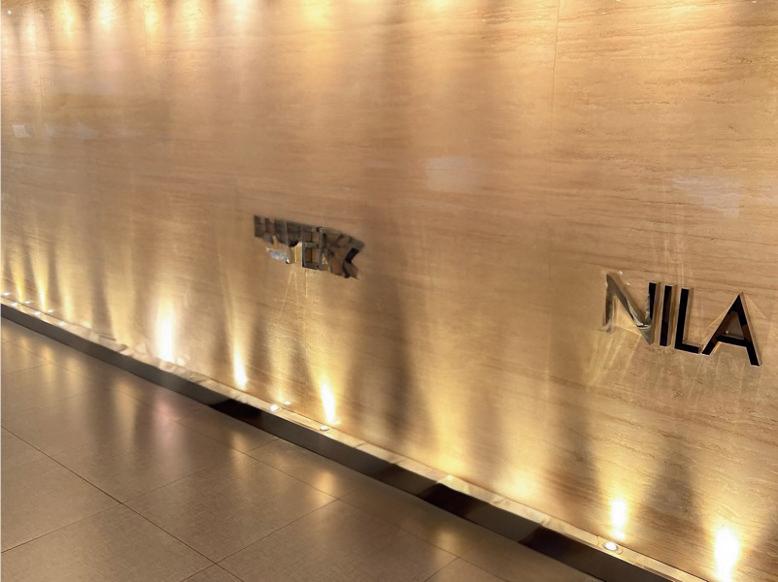
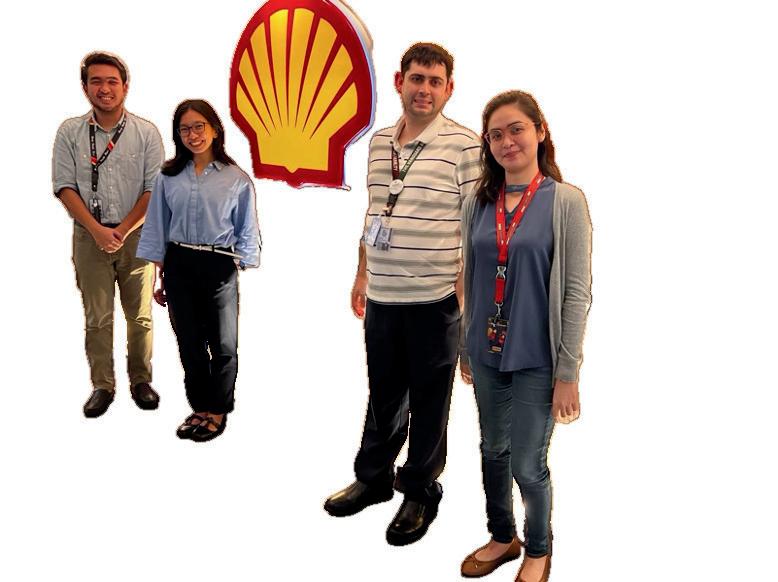
Bernadette Marie E. Emperado Director, Transcend




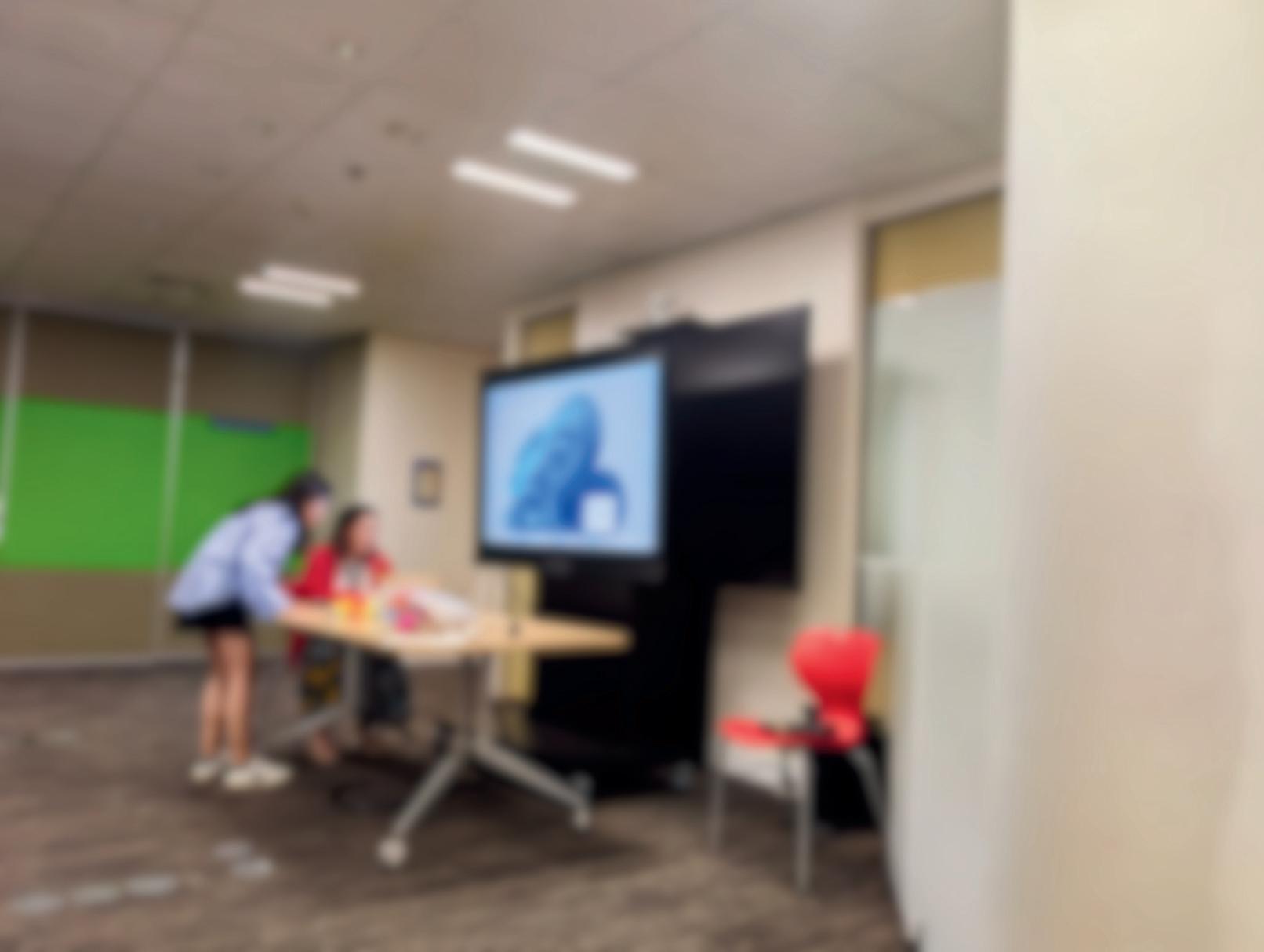

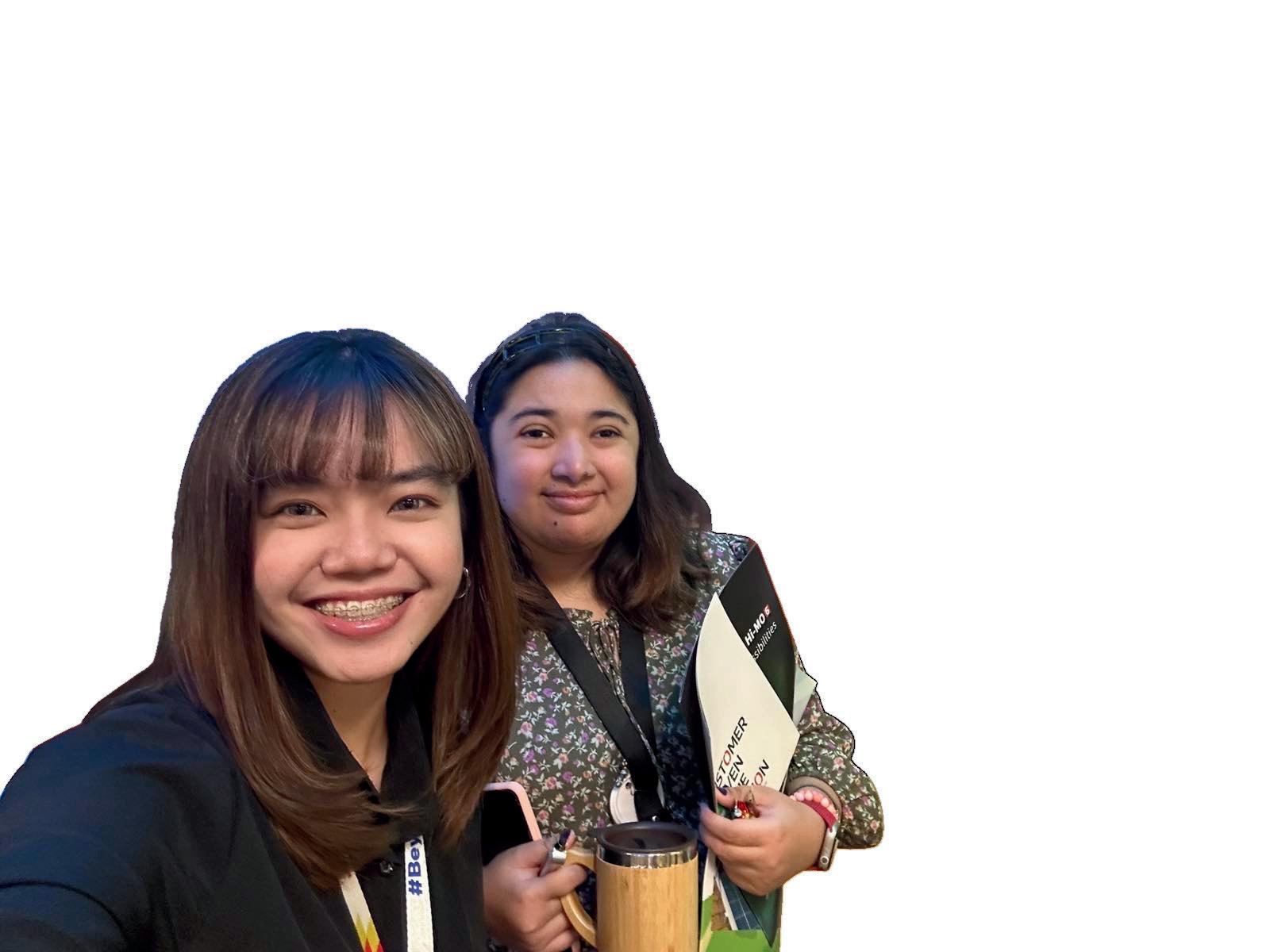


To foster inclusive communities where everyone can grow as empowered and active members of society
The school's core values of respect, integrity, courage, and humility (R.I.C.H.) guide all school community members in how they relate to and interact with one another, as well as with how decisions that affect individuals or groups are made. The richness of our core values makes our community strong and cohesive.
Vision
Create and sustain a school community defined by excellence in teaching and learning, research and innovation, and compassion and respect for individuals of all abilities.
Mission
Empower individuals of all abilities by developing their capacities and celebrating what makes each one unique.
Phoenix
The phoenix, a symbol of resilience and rebirth, embodies the spirit of The Vanguard Academy. Rising from the ashes of challenges faced during the pandemic, our school's mascot embodies our commitment to overcoming adversity and creating a brighter future.

The Vanguard Academy envisions an educational paradigm where inclusion is the social norm in schools and strives to make it sustainable for future generations.

The Vanguard Academy provides a learning environment where students of all abilities, with or without disabilities, naturally interact with each other as classmates and friends. They embrace each other without labels and see their differences as opportunities to learn and play together. They develop essential social and communication skills, enabling them with maturity, empathy, compassion, and a sense of responsibility - qualities we want in future leaders.
Formal education aims to provide graduates who would become contributing citizens of society. An aspect of this is to be employed in companies where they will earn fair wages that will sustain them and their families and have opportunities for career advancement. This includes people with disabilities. A growing number of companies have made tremendous strides in creating inclusion initiatives for those denied or given limited access to opportunities for full participation in employment. The positive impact on the lives of people with disabilities and their families is a welcome change.
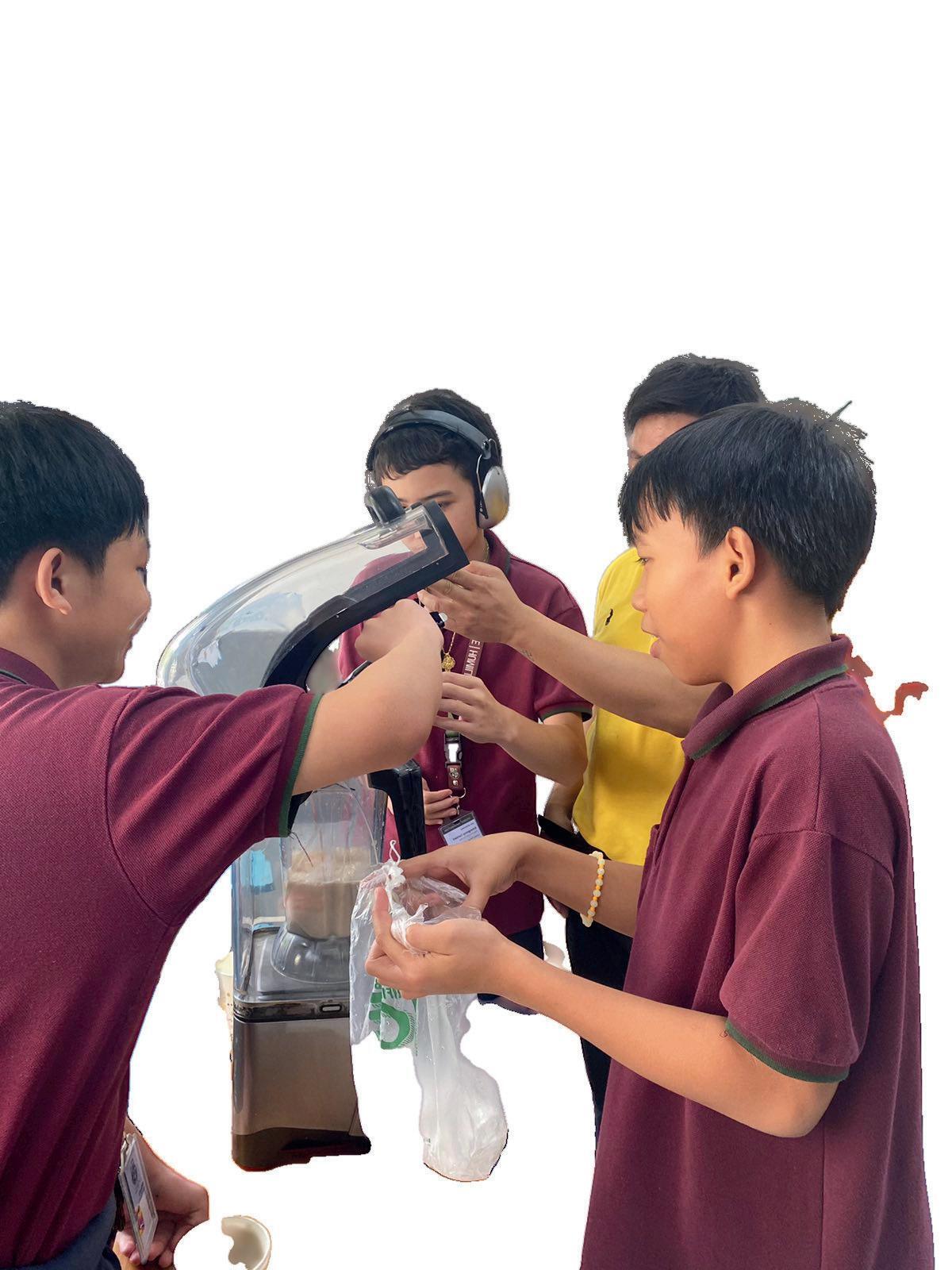



However, we still have a long way to go to achieve full and long-term inclusivity as a society. It is still common for companies to express their qualms over their readiness to embrace inclusivity in their respective workplaces. The approach to inclusion has been corrective and remains a deficit-based model. For many advocates, inclusion is an uphill battle of explaining, educating, and negotiating for opportunities for people with disabilities. Inclusion has yet to be established as the social norm; there are still doubts that it benefits everyone and if institutions are indeed prepared for it. Misconceptions, fears, and stigma around disability continue to persist; there must be a shift in how we think about and plan for inclusion in the future.
Current workplace inclusion initiatives focus on improving accessibility and building the capacity of employers and their teams through workshops and seminars, as well as reforming policies to achieve systematic impact. All of these achieve greater inclusion in our workplaces, and they should be continued since many more people with disabilities now have increased opportunities to be employed. However, to make inclusion the social norm in the long term, advocates for inclusion in the workplace should start at the school level, where the role of typically developing or non-disabled students has been undervalued








In the usual school set-up, children with and without disabilities have limited or zero chances to interact with one another, much less be in the same schools or classrooms. Inclusion in the sense that children with and without disabilities naturally interact with one another throughout the school day is uncommon due to prevailing misconceptions, fears, and stigma around disabilities. These children grow up separately, with little to no understanding of each other. Those without disabilities, as adults, are then tasked to create more inclusive workplaces. Having had limited experiences with inclusion, this proves to be a daunting challenge. It doesn’t have to be.

Imagine how children, who grow up in schools where inclusion is the social norm, will be as adults working in companies that aim to be more inclusive. If children with and without disabilities play and learn together from the early years in preschool, and if this continues until they graduate from high school, then there's a high likelihood that their experiences and perceptions of inclusion will be that it is the social norm. These children would have grown up having had friendships with people with vastly different sets of skills, and they would have learned how to be with each other in shared spaces, worked together on projects, and navigated the challenges that come with adolescence. They would have grown up learning how to solve problems together, how to manage and resolve conflicts with one another, and how to dream of big and innovative ideas together. For these children, inclusion is the way it’s supposed to be in schools, in communities, and


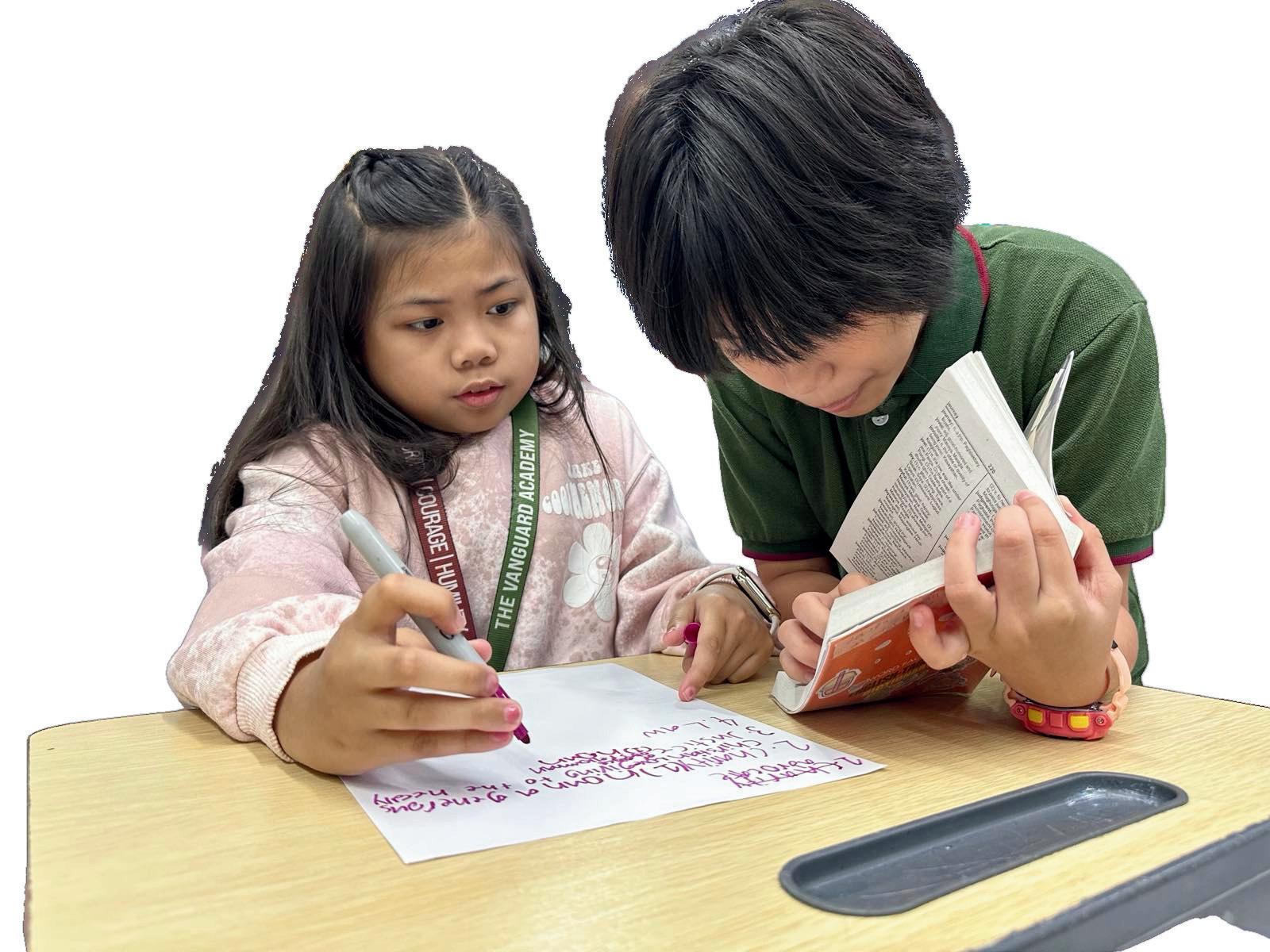



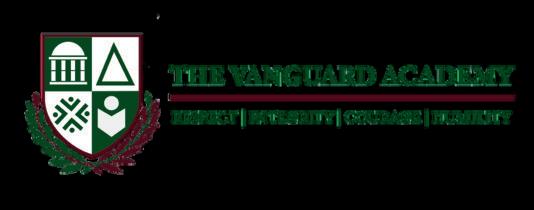


To make inclusion in the workplace sustainable for future generations, companies and schools must work together to make inclusion the social norm. The Vanguard Academy’s I CAN Generation Program will achieve this.
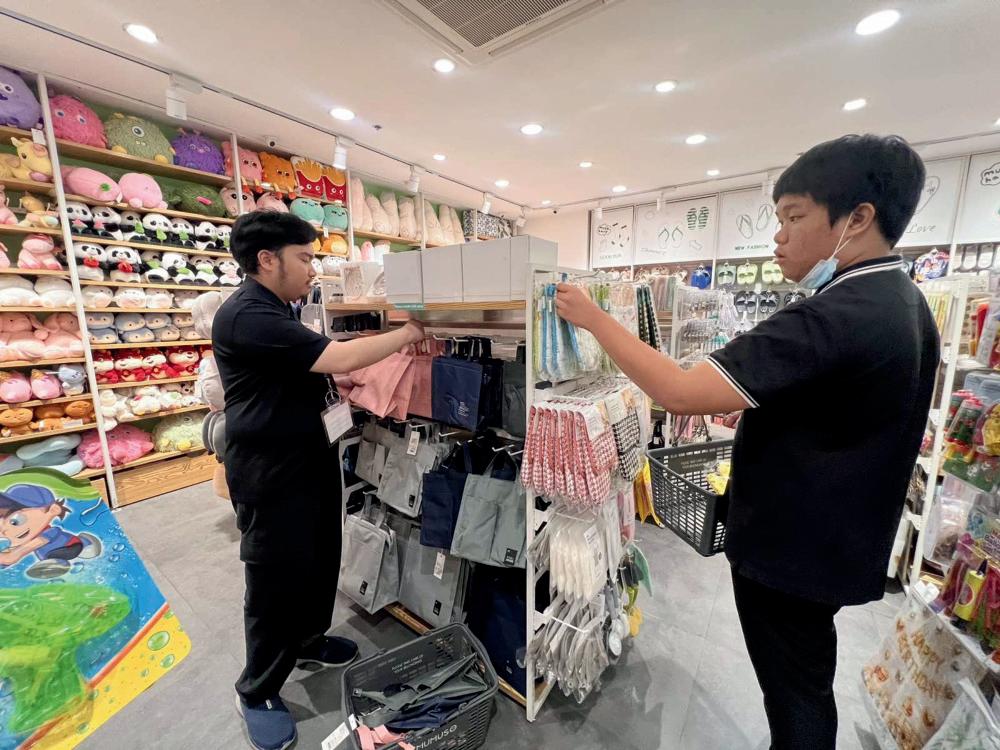



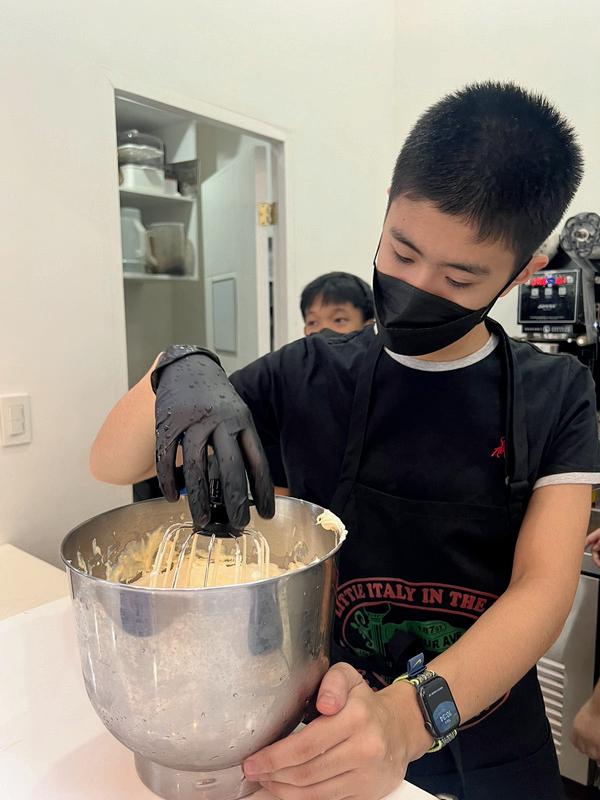
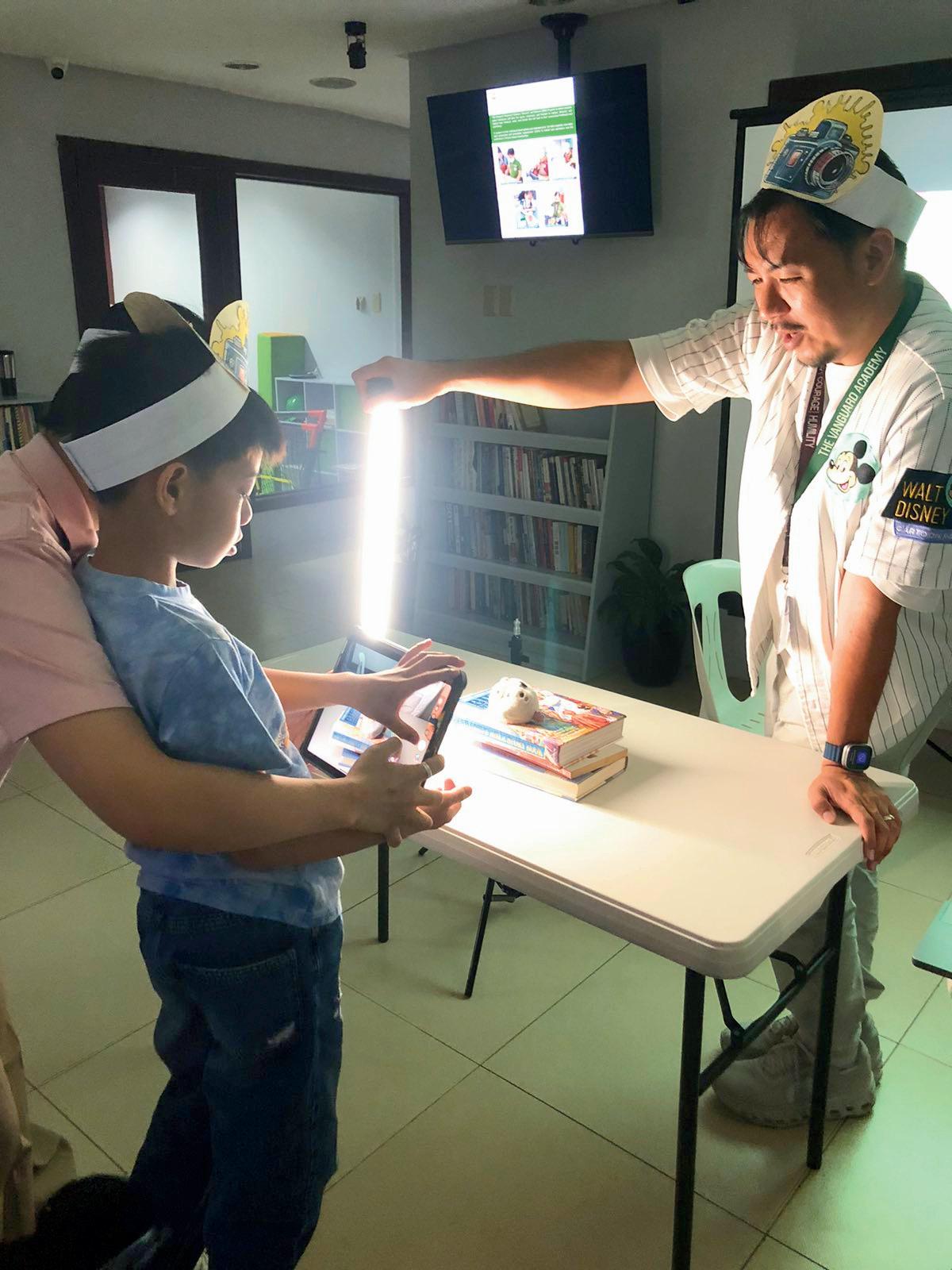


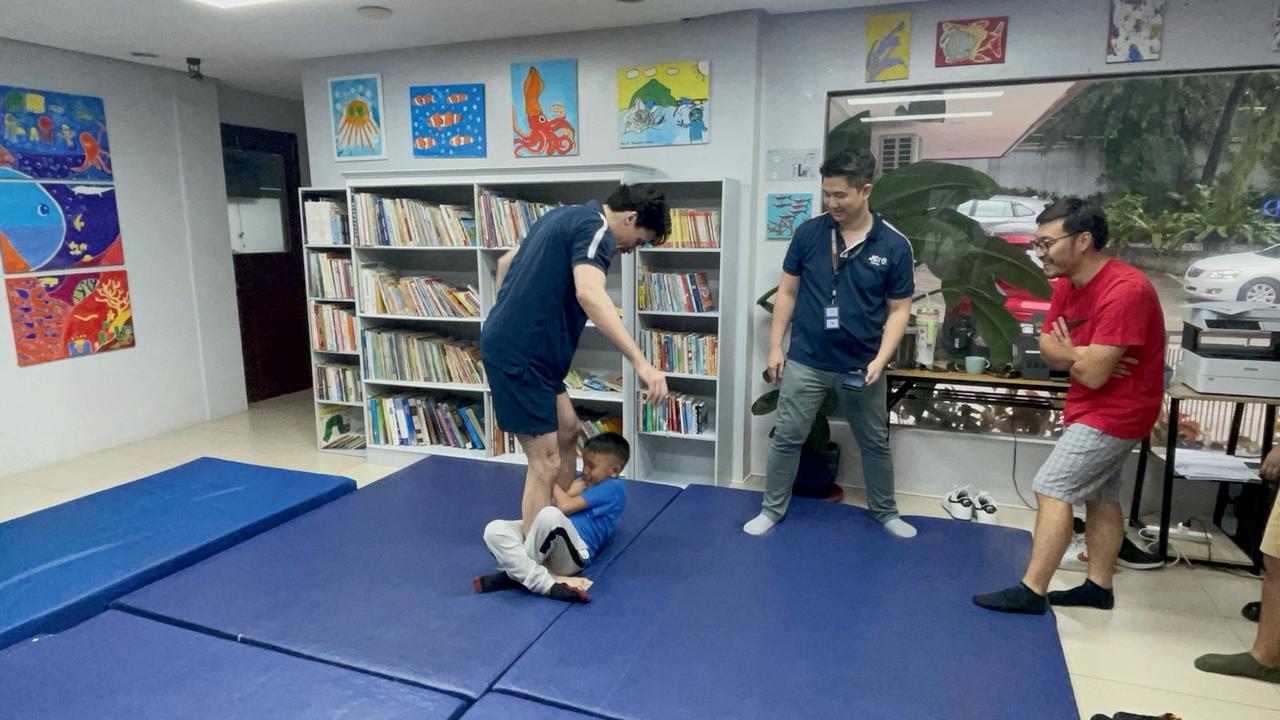
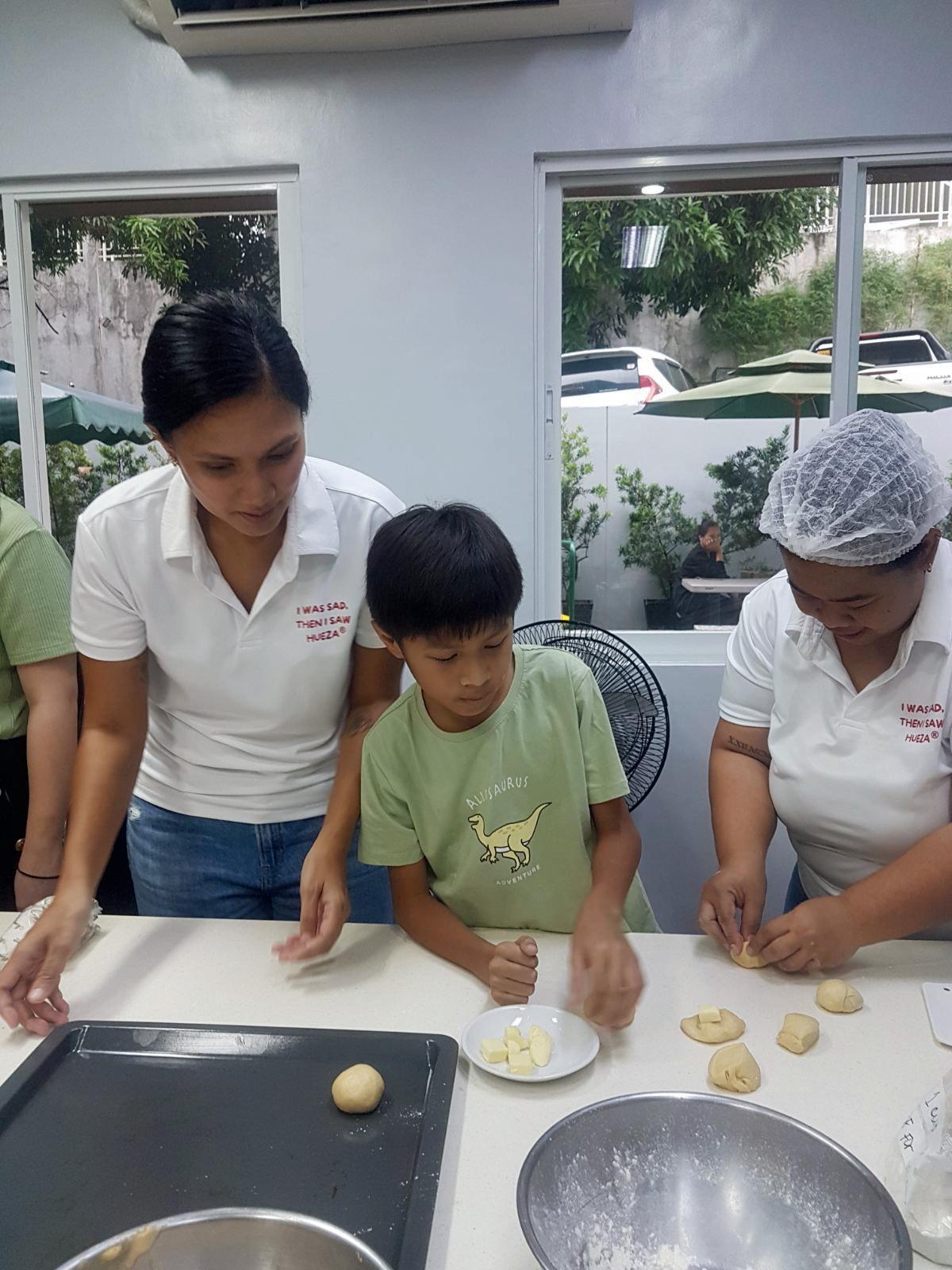
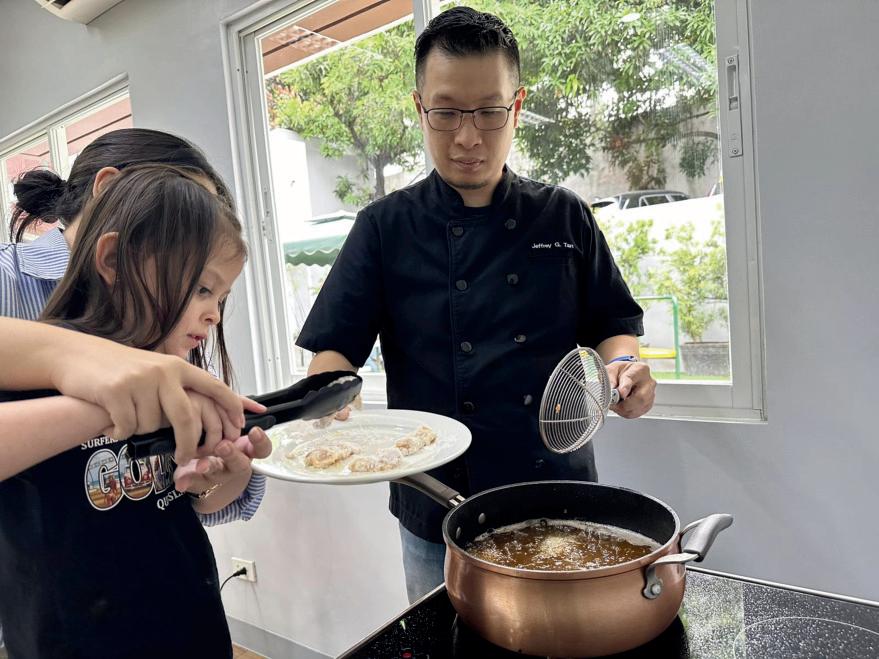
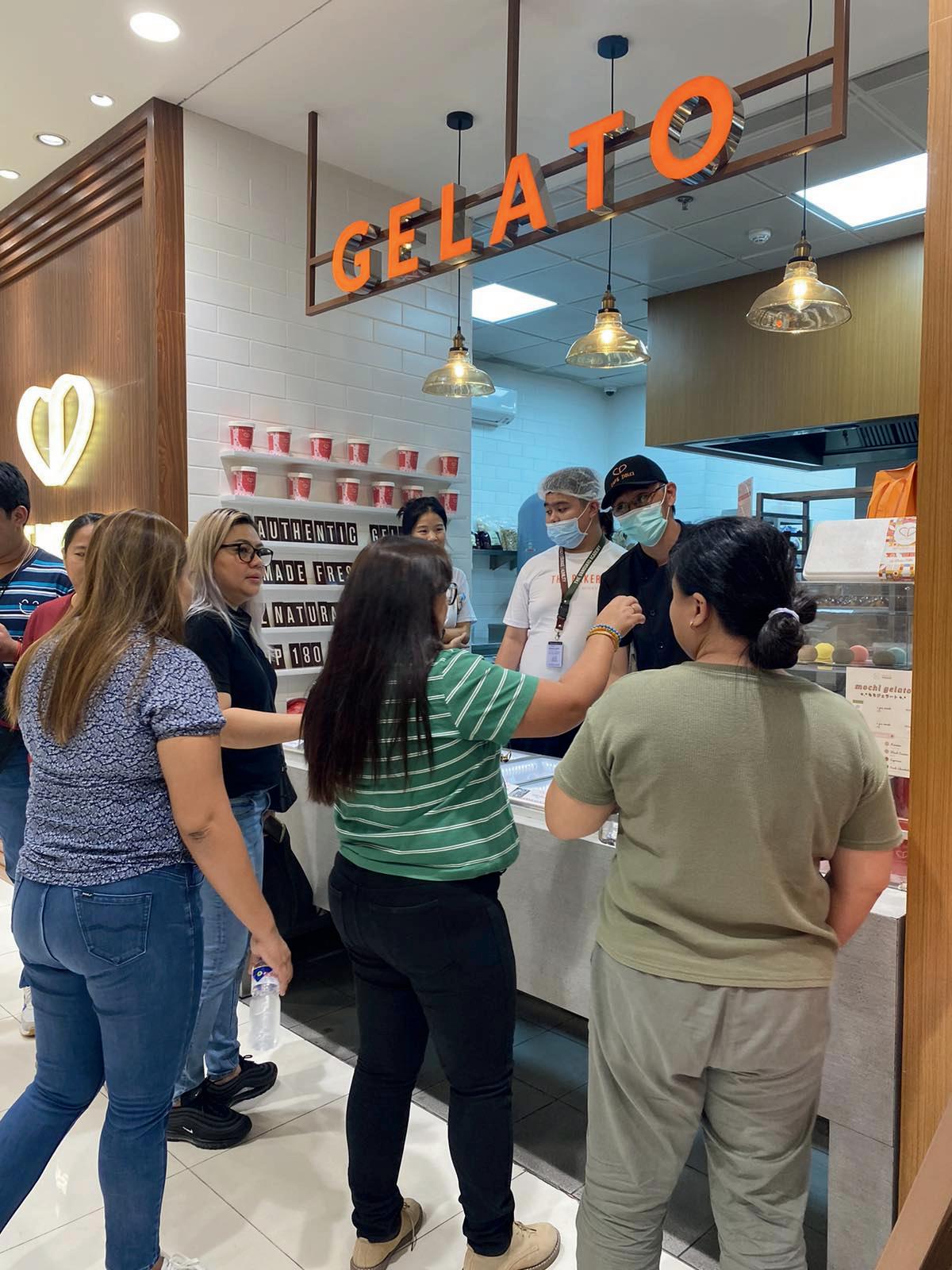
Inclusive Communities Advocating for the Next Generation

The I CAN Generation Program aims to promote inclusivity as a social norm. It has two major components: Capacity Building Program and Scholarship Program. The Capacity Building Program is aimed for the current employees of the company, and the Scholarship Program is aimed for the company’s employees for future generations Capacity Building Program
The Capacity Building Program is designed to promote advocacy for diversity, equity, and inclusion (DEI) in the workplace, specifically enhancing employees' knowledge and productivity when working with people with various disabilities. It aims for the entire workforce of the partner company to consistently demonstrate inclusive workplace practices in ten years.

The Vanguard Academy aims to provide tailored collaborations, such as training sessions and consultations. Additionally, The Vanguard Academy may participate in and provide insights and recommendations in the company’s policy reviews to enhance sustainability and ensure long-term success.

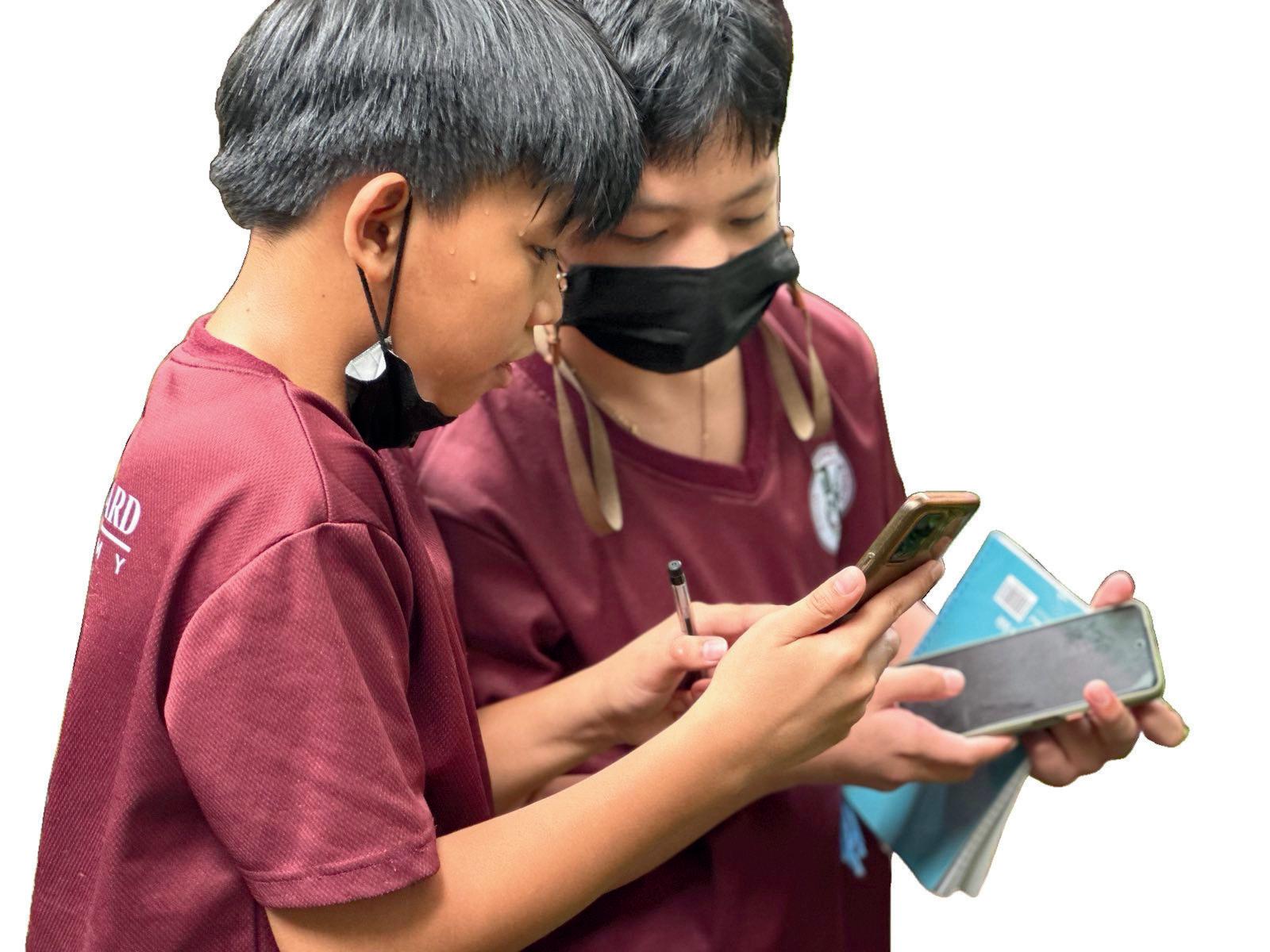


The training sessions are specifically designed for employees across different levels, including human resource departments, managerial positions, employees with disabilities, frontliners, and rank and file employees. Partner companies may select from the set recommended training sessions depending on the company-needs assessment. They may also request for specific topics that are not included in the set. The training modalities can include two to three of the following: lectures, small group discussions, large group sessions, demonstrations, case studies, and question-and-answer sessions


Guidelines:
The sessions are crafted to run for one to two hours.
1. The sessions should be scheduled at least one month ahead to prepare collaterals and invite the target audience.
2. The sessions may be conducted online or onsite, depending on the company’s preferences, participants’ availability, and partnership agreement.
3. The sessions may accommodate up to 50 participants per session or 4.



What is disability advocacy, and why is it essentia l for businesses to support it?
What challenges do people with disabilities commonl y face in the workplace, and how can the company address them?
How can companies foster an empathetic and accepting culture?
What is accessibility, and how can businesses ensure their work environments are fully accessible to people with disabilities?
How do we foster a culture of open communication in the workplace?
How can we develop strong-problem-solving and conflict management approaches?
are the differences between visible and invisible disabilities?
beliefs and assumptions do we hold about visible and invisible disabilities?
What are the best practices for engaging with customers and clients with disabilities?
do we form meaningful emotional connections with customers and clients with disabilities?
support can the company provide to DEI officers?
can the company effectively integrate DEI principles into its business strategies?

What are ways in which work performance evaluations can be used to fairly assess employees with disabilities?
How can we overcome the glass ceiling mentality in the workplace?
How can you evaluate your level of self-determination and self-advocacy?
How can we develop effective communication strategies for emergency situations?
How would you assess your self-advocacy skills? Which of these skills would you like to further develop? (This assessment will open opportunities for additional training modules for the employees with disabilities with TVA.)
What qualities define an inclusive leader?
What is the role of leaders in promoting diversity, equity, and inclusion (DEI)?
How can we create an emotional connection with employees with disabilities?
What methods can we employ to reinforce learning and motivate employees to implement DEI principles?
Case study
This session aims to evaluate and analyze the team's current responses to inclusivity-related situations in the workplace. Additionally, it will focus on developing recommendations for enhancing future responses.
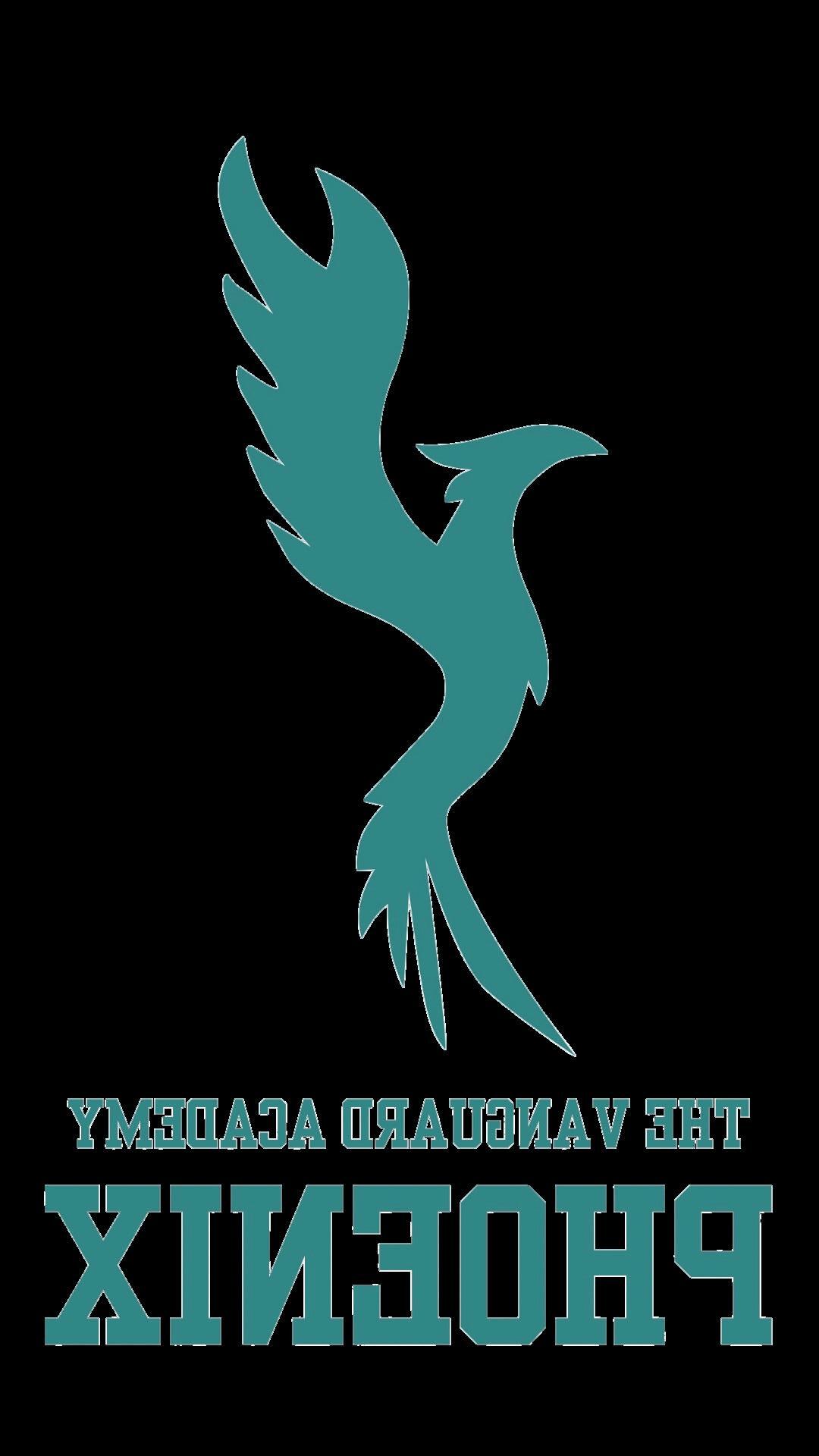





The Phoenix Scholarship is for students interested in enrolling in Kindergarten, Elementary, Junior High School, and Senior High School in the General Academic Strand. Phoenix Scholarship recipients must demonstrate financial need and potential for academic excellence and strong leadership skills, particularly for advocating for inclusive communities.
The R.I.C.H. Scholarship stands for the school's core values - Respect, Integrity, Courage, and Humility. It is designed for young adults aged 18 and older who are interested in enrolling in the Transcend Program.
R.I.C.H. Scholarship recipients must demonstrate financial need and potential for employment and independent living skills, particularly for contributing to inclusive communities.
The Vanguard Academy will accept applications from February to April, and September to November. The recipients of the scholarships will be announced in May and December. A cycle of scholars will join the Summer Enrichment Program in June and July and start the new school year in August, while another cycle will join the opening of the second semester in January.
Students and/or parents may submit application forms online or in person at The Vanguard Academy. Those who meet the eligibility criteria will be invited to the school to meet with the Director for Admissions, take the entrance examination, and interview with the Principal and Head of School.


Scholarship candidates must participate in a school-based assessment facilitated by the program coordinator. Following this, a recommendation from the Director for Admissions is required based on the submitted documents. A Shell representative will also review the submitted documents and provide recommendations. Finally, the process concludes with the approval of the Principal and the Head of School.
The scholarship will include the tuition and other school fees listed below. School uniforms, books, and other school activities will be offered at a discounted rate. School supplies, meals (lunch/snacks), and transportation allowance are not included in the scholarship.
The standard school fees include the following (depending on grade level/program):
Community Engagement
Kindergarten to Grade 3: 2x/year
Grades 4 to 6: 4x/year
Grades 7 to 10: 5x/year
Grades 11 to 12: 10x/year
Transcend: 7x/year
Student Support
Life Skills Workshops
Independent Living Activities
Job Coach Prom



Phoenix Scholars must maintain a quarterly average of 3 or a graded equivalent of 80% during the first year in The Vanguard Academy. The required average will increase to 85% during the second year and 90% during the third year. Following the third year, scholars must maintain a quarterly average of 95% to remain eligible for the scholarship program.
The Phoenix and R.I.C.H. Scholars must also maintain a minimum attendance rate of at least 85%, as consistent attendance is crucial for academic success and overall engagement in The Vanguard Academy community.
Additionally, scholars must uphold good moral standing without disciplinary actions; and their parents or guardians must demonstrate active and collaborative involvement by communicating regularly with the scholar’s case manager, attending parent-teacher conferences, community seminars, and other school-facilitated events. Noncompliance with these requirements will lead to a review and possible






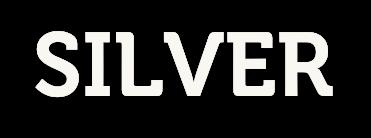
850,000 P 1,000,000 1 K-12 + Summer Program (Full Scholarship)
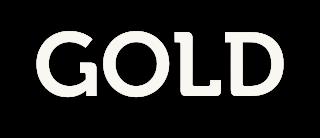

P 1,500,000

P 2,000,000

The I CAN Generation Program matrix is an overview of the company’s three-year engagement with The Vanguard Academy. It highlights per level the allocation of the company’s annual scholarship sponsorships, the number and types of capacity-building workshops and consultations with the school’s trainers / teachers, and benefits for the company’s employees who plan to enroll their children in The Vanguard Academy.
Initial engagement between the company and the school is three years, emphasizing a joint commitment to sustainable education for the scholars and the company’s ability to foster an inclusive workplace community.
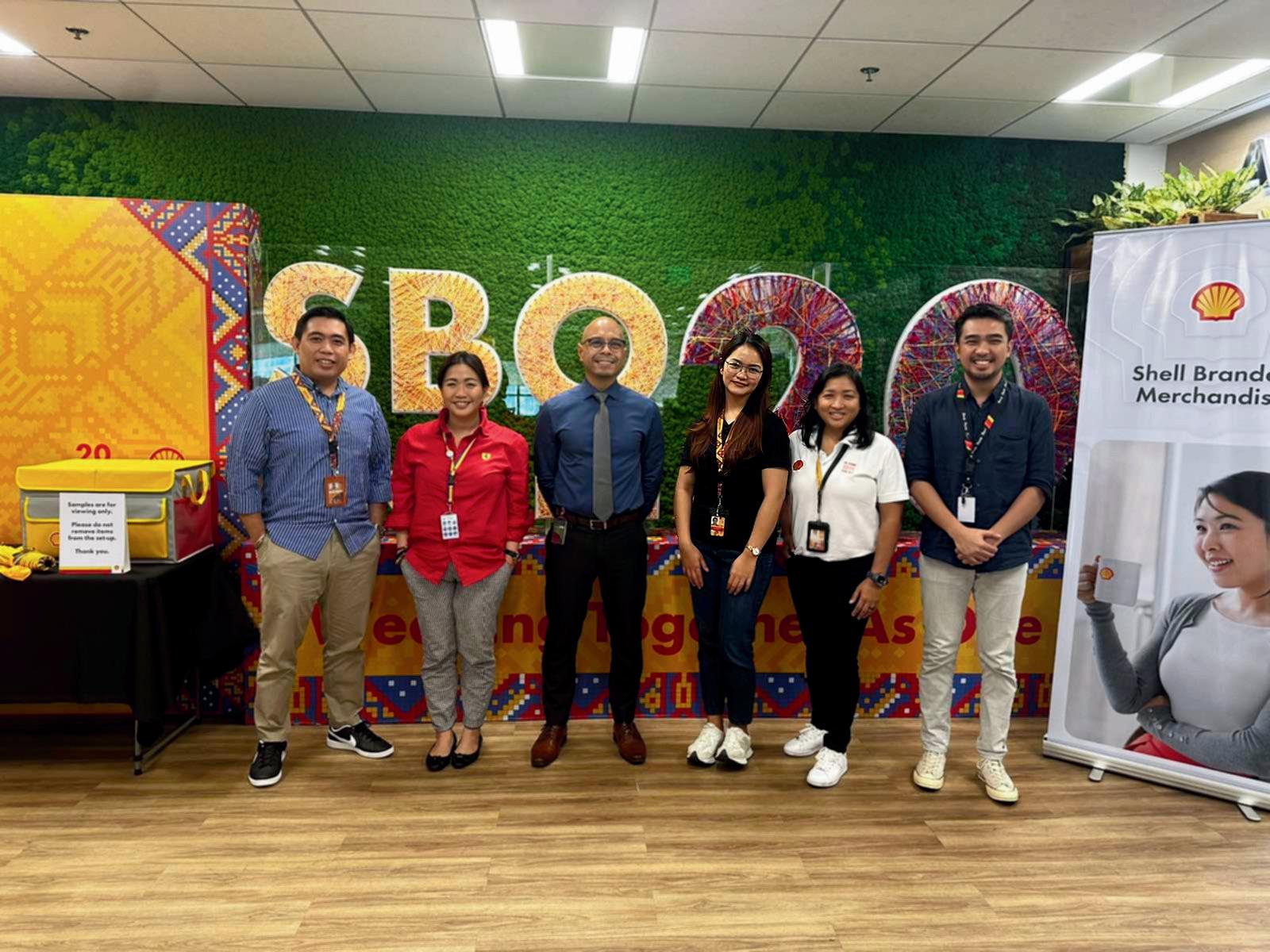
In addition to the capacity-building and scholarship programs, dependents of the company’s regular employees will receive priority admission to The Vanguard Academy, while non-senior management employees will be eligible for discounts on school fees. These benefits apply to companies that select the Gold tier and above. This policy grants preferential access to admissions for their children in cases where there are two or more applicants for a single slot. In such instances, the child of the partner company’s employee will be prioritized for admission.

The employee's dependent must complete the full application process to ensure an optimal match between the student, the school, and the parents/families. This includes submitting all required documents, such as a report card, transcript of records, certificate of good moral character, evaluation reports from developmental professionals, birth certificate, and a 2x2 ID photo. They will be invited for a school visit to discuss the applicant’s profile and the school’s programs and services. The applicant will also be scheduled for an admissions screening with the program coordinator.
Admissions is open throughout the school year, as long as there are spaces available in the grade levels or programs.


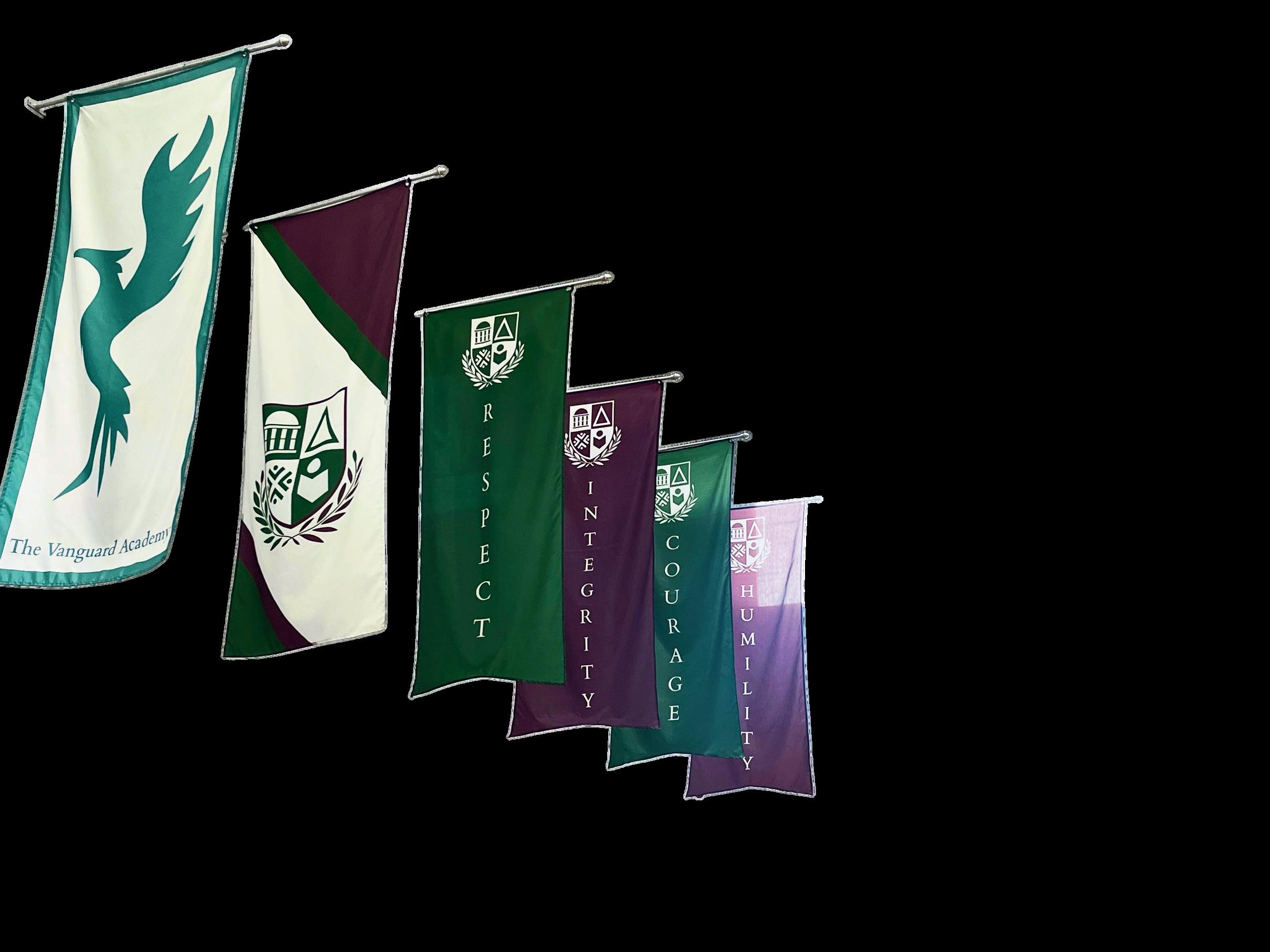

Bernadette Marie Emperado Director, Transcend 8 years, Education
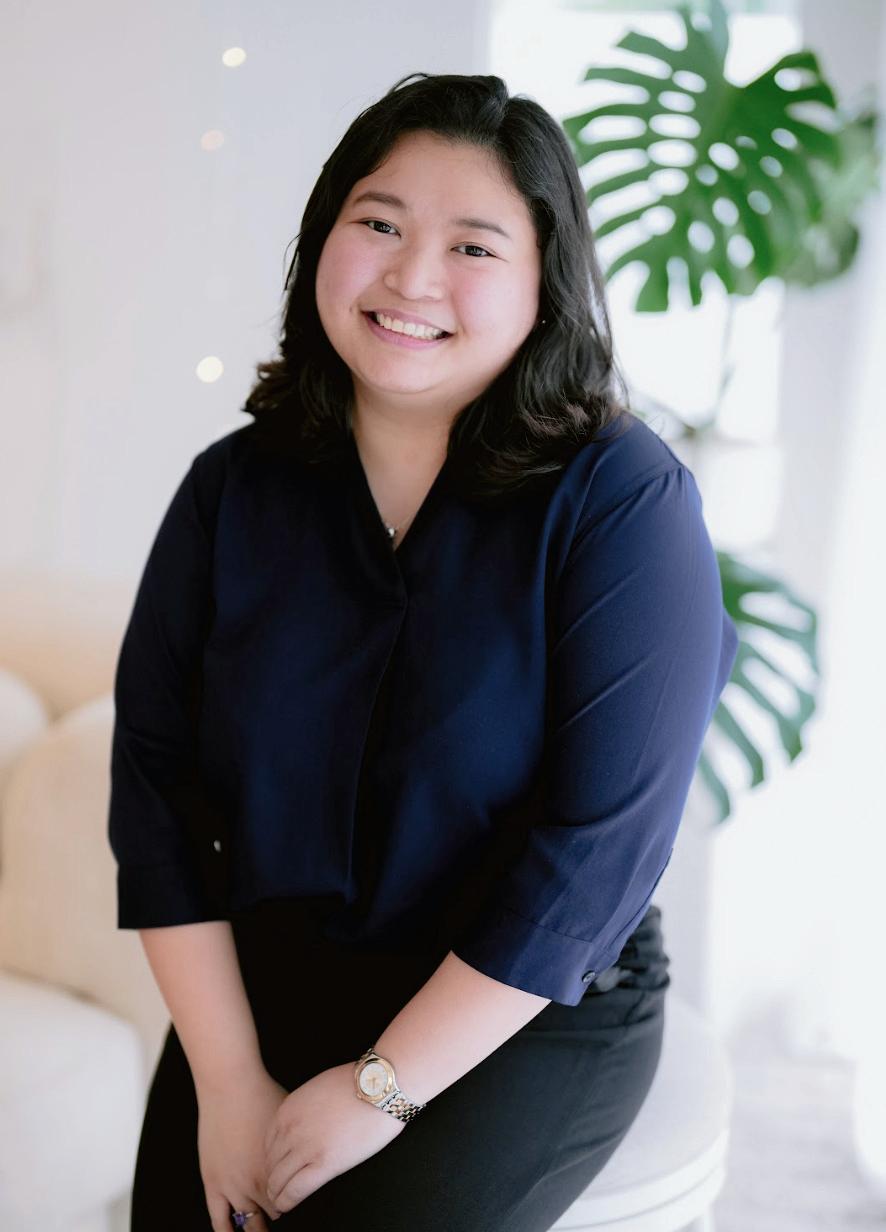
Chryslin Monica Laohoo Director, Transcend 18 years, Education & Business
Jean Marianne Patricio Director, Admissions 10 years, Education
Ericson J. Perez Head of School 29 years, Education

Shell can lead the way with The Vanguard Academy in making DEI sustainable for future generations.
